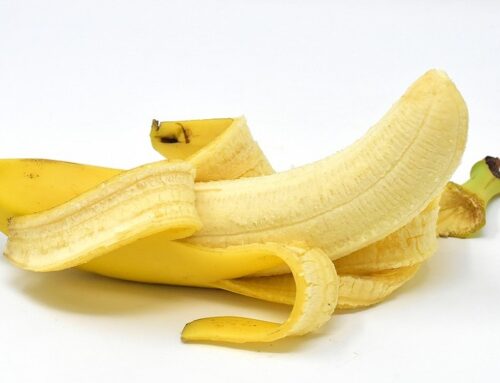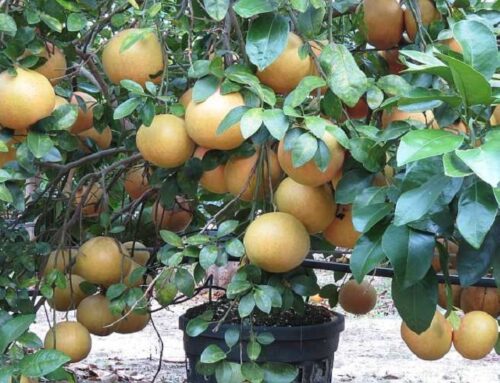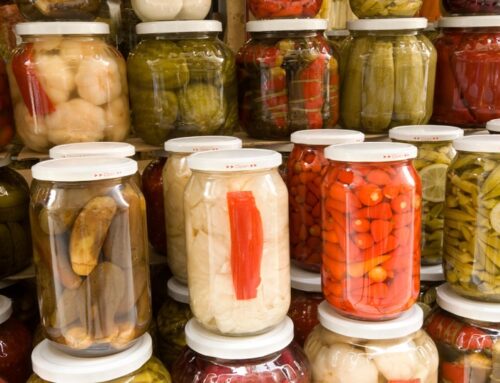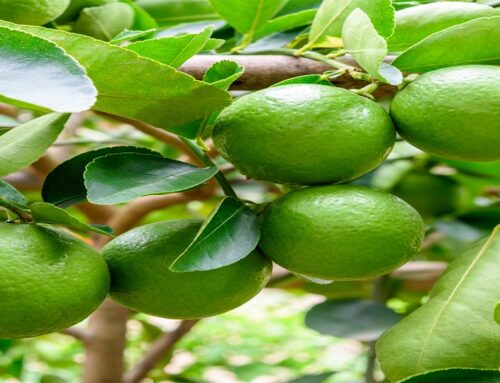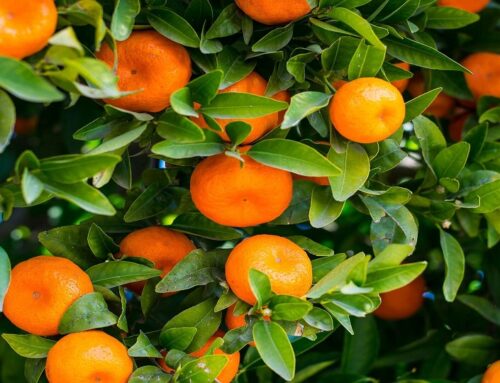Fresh fruit juice is a healthy fruit drink or fruit beverage. Beverages made from fresh fruits, either by natural extraction or through various processing techniques, are called fruit beverages. Fruit beverages are non-alcoholic, non-carbonated drinks which are considered to be an essential part of a healthy diet. Examples of fruit beverages are: fresh fruit juices, fruit syrups, fruit squashes, ready-to-serve (RTS) fruit juices etc.
Types of Fruit Beverages: There are two types of fruit beverages: fresh fruit juices and processed fruit drinks:
- Fresh fruit juices are natural fruit juices extracted from fresh fruits; there are no added sugars or preservatives present in it
- Processed fruit juices are prepared by adding sugars and preservatives in fresh fruit juices; this is added in order to increase the shelf life of the fruit beverages
How to Prepare Fresh Fruit Juices in 7 Simple Steps: Major steps involved in making fresh fruit juices are as given below:
- Choosing Ripe Fruits
- Washing and Drying Fruits
- Peeling and Slicing Fruits
- Crushing Fruit Pieces by Using a Mixer or Crusher
- Extracting Juice in Containers
- Sieving and Straining Juices
- Storing Fresh Fruit Juices in Refrigerators
Health Benefits of Fresh Fruit Juices: Fresh fruit juices are the healthiest drink among all beverages. Fresh fruit juice is a powerhouse of vitamins, minerals and antioxidants. There is no added sugar or any other chemicals in fresh fruit juice.
Types of Processed Fruit Beverages: Fruit Pulp, Fruit Syrups, Fruit Juice Concentrates, Fruit Juice Powder, RTS Fruit Drinks, Fruit Nectar, Fruit Cordials, Fruit Squash, and Fruit Crush
How to Make Fruit Pulp in 6 Simple Steps: Fruit pulp can be prepared in 6 simple steps. These are:
- Choosing and Cleaning Ripe Fruits
- Breaking of Shell/Peeling Skin of Fruits & Slicing or Chopping of Fruits
- Removal of Pulp Without Seeds and Fibers
- Mixing with Water
- Passing the Mixture through a Pulper
- Fruit Pulp
Fruit Syrups: Fruit syrup contains at least 25% fruit juice or fruit pulp and 65% TSS (total soluble solids). It also contains 1.3-1.5% acid. Fruit syrup is diluted sufficiently to make a ready to serve fruit juice. Fruits like phalsa, jamun, pomegranate, grape etc are suitable for making fruit syrups.
Fruit Juice Concentrate: Fruit juice is concentrated by dehydrating it or removing moisture present in it. Moisture content of fruit juice can be removed by heating. Fruit juice concentrate has more shelf life than fresh fruit juices. Fruit juice concentrates are diluted with water sufficiently before serving as a fruit drink.
Fruit Juice Powder: Fruit juice powder can be made from fruit juice concentrates. Juice concentrate can be converted into a free-flowing, highly hygroscopic powder by puff-drying. Fruit juice powder has more shelf-life than juice concentrate and is easily dissolved in water.
Ready to Serve Fruit Drinks: This is a type of fruit beverage which contains at least 10% fruit juice and 10% TSS (total soluble solids) besides about 0.3% acid content. It is not diluted before serving, hence it is known as RTS (ready-to-serve).
Process of Making Ready to Serve (RTS) Fruit Drinks: RTS may be prepared in 8 simple steps. These are:
- Fruit Pulp/ Fruit Juice
- Mix it with the strained syrup solution (sugar+water+acid, heated to dissolve)
- Homogenization
- Bottling
- Crown Corking
- Pasteurization (at about 90O C) for 25-30 minutes
- Cooling
- Storage
Fruit Nectar: Fruit nectar is another popular fruit beverage. Fruit nectar contains at least 20% fruit juice and 15% TSS (total soluble solids) and also about 0.3% acid. Fruit nectar is not diluted before serving.
Fruit Cordial: Fruit cordial is a sweetened fruit drink. This is prepared from fruit juice from which pulp and other insoluble substances have been completely removed. It contains at least 25% juice, 30% TSS; about 1.5% acid and 350ppm of sulphur dioxide. Fruit cordial is suitable for blending with various wines.
Fruit Squash: Fruit squash contains 25% fruit juice or pulp; 40 to 50% TSS; 1% acid and 350ppm sulphur dioxide or 600 ppm sodium benzoate. Mango, orange, and pineapple are suitable fruits for making fruit squash.
Fruit Crush: Fruit crush contains 25% fruit juice or pulp and 55% total soluble solids. It is more or less similar to squash, and contains about 1.0% acid. Fruit crush should be diluted before serving.
Fruit Juices for Health: There are Fermented Juices and Unfermented Juices. Natural Fresh Fruit Juices and Sweetened Fruit Juices are examples of unfermented juices. Natural fruit juice is fresh and healthy as the juice is extracted from ripe fruits, and contains only natural sugars. Sweetened juice contains at least 85% juice and 10% total soluble solids.
Blended Juices: Sometimes two or more juices are mixed to yield a well-balanced, rightly flavored, highly palatable and refreshing drinks. Juices are blended so as to utilize a sweet fruit, a bitter fruit, and an acidic fruit in a useful manner. Blended juices can be prepared by mixing light flavoured fruit juices with strongly flavoured fruit juices.
Check out our publishing services here…
We publish top quality videos on various ‘Food & Agriculture’ topics. You may subscribe our video channel here…


